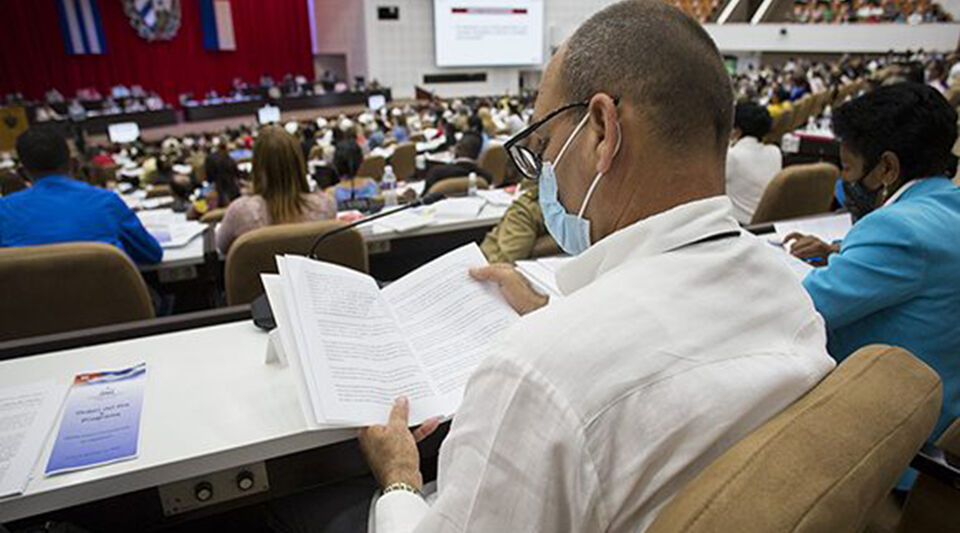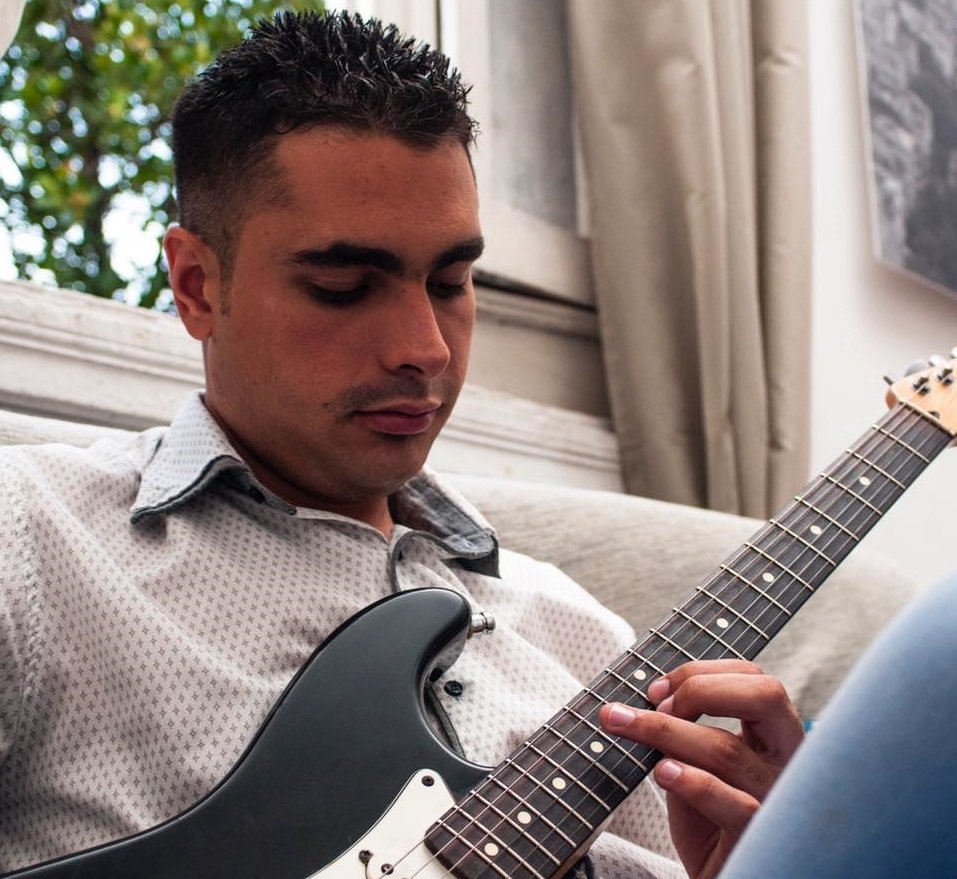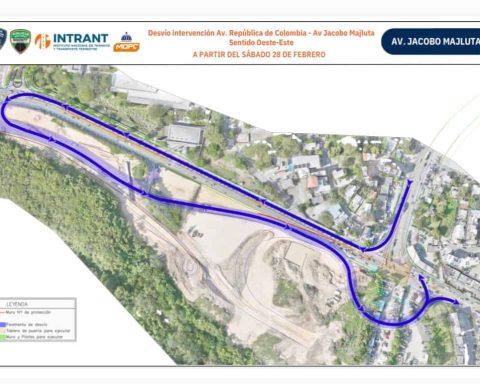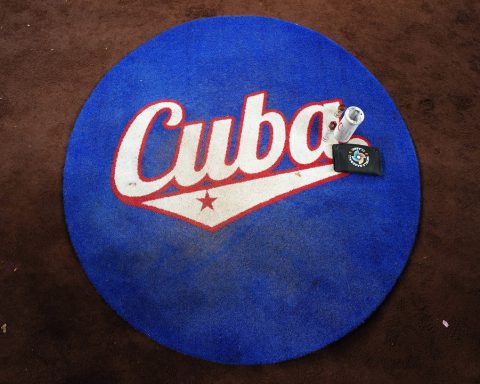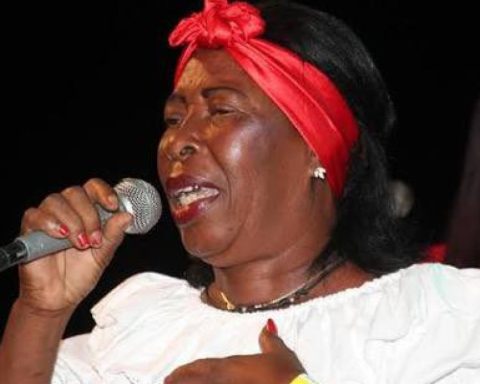(EFE).- The National Assembly of People’s Power (ANPP) approved this Sunday, in an extraordinary session, the new Penal Code of Cuba, which provides sanctions of up to three years for those who insult high-ranking public officials and prohibits the external financing of media.
The deputies approved the project in a session in which Miguel-Díaz Canel was present, and the former ruler of the country Raúl Castro (2008-2018).
Activists and opponents believe that this reform will silence social protest and independent journalism.
Its promoters, on the other hand, describe it as a “guarantee” and updater, since the previous one – from 1987 – did not contemplate environmental crimes, cybercrime and gender violence.
Originally the project should have been voted in April in the ANPP, but for reasons that did not transcend its passage through the Legislative it was delayed.
The new code, which will enter into force within 90 days when it will be published in the Official Gazette of the Republic, includes 37 new crimes such as “public disorder” to penalize “alterations of that nature produced in groups or individually.”
Establishes life imprisonment as the maximum sanction and maintains the possibility of applying the death penalty exceptionally in the case of 23 criminal types
The president of the People’s Supreme Court of the Island, Rubén Remigio Ferro, pointed out when presenting the bill to the plenary session of Parliament that it reinforces the rigor of sanctions related to corruption.
It also stated that it establishes the maximum sanction of life imprisonment and maintains the possibility of applying the death penalty on an exceptional basis in the case of 23 criminal types.
It also provides for penalties of up to ten years in prison for anyone who “supports, encourages, finances, provides, receives or has in their possession funds, material or financial resources” from non-governmental organizations or international institutions that can be used to “pay for activities against the State and its constitutional order”.
The new criminal code has not received as much official media coverage as the Family Codea reform that is also currently being processed in the ANPP after three months of a popular consultation process where the content of this text has been explained.
Unlike the Family Code, this project will not be submitted to a referendum.
________________________
Collaborate with our work:
The team of 14ymedio is committed to doing serious journalism that reflects the reality of deep Cuba. Thank you for joining us on this long road. We invite you to continue supporting us, but this time becoming a member of our journal. Together we can continue transforming journalism in Cuba.
